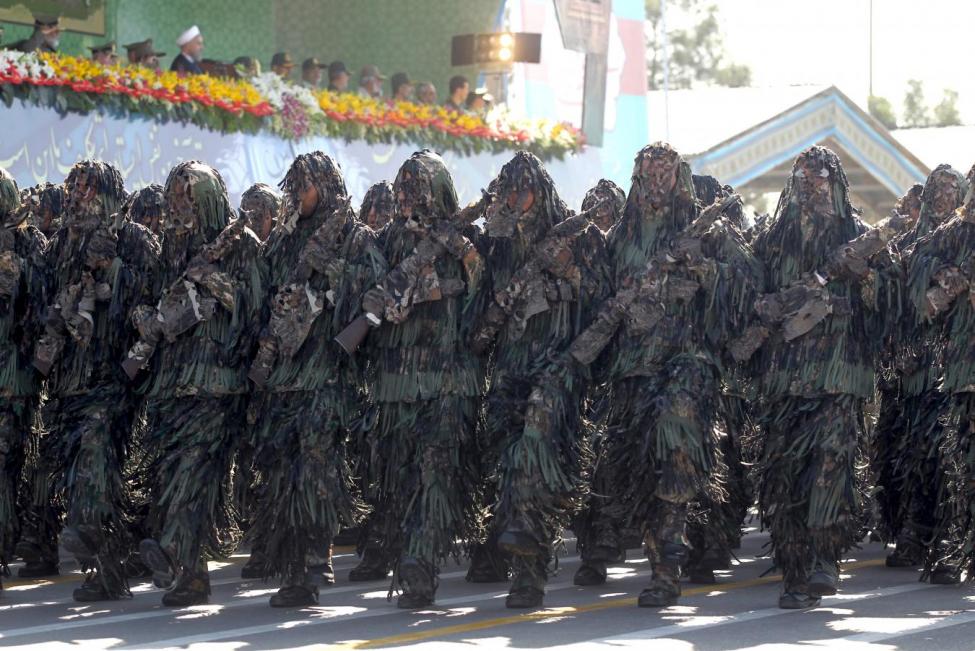Washington- One of the certain failures of the Central Intelligence Agency (CIA) is that it waited seven years after the Iran-Iraq war sparked to ask the analysts and experts in Iraqi and Iranian affairs a simple question: who started the war?
CIA analysts prepared a report on that matter but it was already too late. Instead of discussing a ceasefire, the CIA preoccupied its analysts with the debate of who started first. Despite the fact that Tehran kept claiming that it was dragged into this war, the CIA (if we consider it a third party) presented pieces of evidence in all its published reports that Iran was the party that insisted on continuing the war, not Iraq.
An International Tribunal to Determine Concepts
The CIA has discussed the beginning and the end of the eight-year war in two very important documents. Asharq Al-Awsat will tackle today the first document on the debate of who started the war while tomorrow’s document will discuss how the war ended.
The first document dates to Nov. 25 1987 and is classified as “very confidential.”
According to the document, Iran was firm to keep the war going until an international tribunal would determine who started the war, especially that each party was blaming the other.
Since 1980, Iran and Iraq agreed on the international tribunal to determine the offender in the war but the case gained huge attention since approving U.N. resolution 598 last July.
Iraq’s argument against Iran
Iraq claims that it invaded Iran in Sep. 1980 following Tehran’s attempts since the beginning of 1979 to oust the Iraqi regime. Baghdad affirms that Iran called a couple of times for rebelling against former Iraqi President Saddam Hussein.
Some Iraqi officials reported that Iran pursued to undermine the Iraqi authority though diplomatic and military campaigns.
Iran’s argument against Iraq
Iran affirms that its attempts to undermine the Iraqi authority are a justified response to the aggressive Iraqi policies. According to some Iranian officials, Iraq provided financial support to Arab and Kurdish minorities inside Iran. They also claim that their attempts ensued from the discrimination against Iraqi Shi’ites.
Revising pieces of evidence
At the beginning, Iraq was seeking to enhance relations with Iran after the Shah of Iran fled the country in Jan. 1979.
Relations started to tense after Iraq arrested Ayatollah Muhammad Baqir al-Sadr in June 1979 for suspicions of stirring chaos among Iraqi Shi’ites with Iran’s support.
It is almost certain that both parties provided huge financial support for the dissenters by the end of 1979 — both parties carried out terrorist operations against officials from the other party in 1980.
As bilateral relations worsened, Iraq started to prepare for the war during the first half of 1980.
The goal is compensations
Analysts said that “the U.N. secretary general will face a difficulty in forming an international tribunal that satisfies both parties.” The tribunal would try to reach a win-win decision.
